Electrical Wiring Cost For A New House
The national average range to wire a new home is $6,000 to $18,000. On average, homeowners now pay $12,000 for new wiring, panel, outlets, and switches to be installed in a 1,750 sq.ft. home. The low-cost scenario totaling $1,800 for new wiring for outlets and fixtures dedicated to a tool workstation along one wall of a one-car garage. At the higher end, the cost of $36,000, covering the comprehensive rewiring of an older 2,500 sq.ft. house with challenging access for wiring. This includes an upgraded panel, new fixtures, outlets, switches, jacks, and significant cabling.
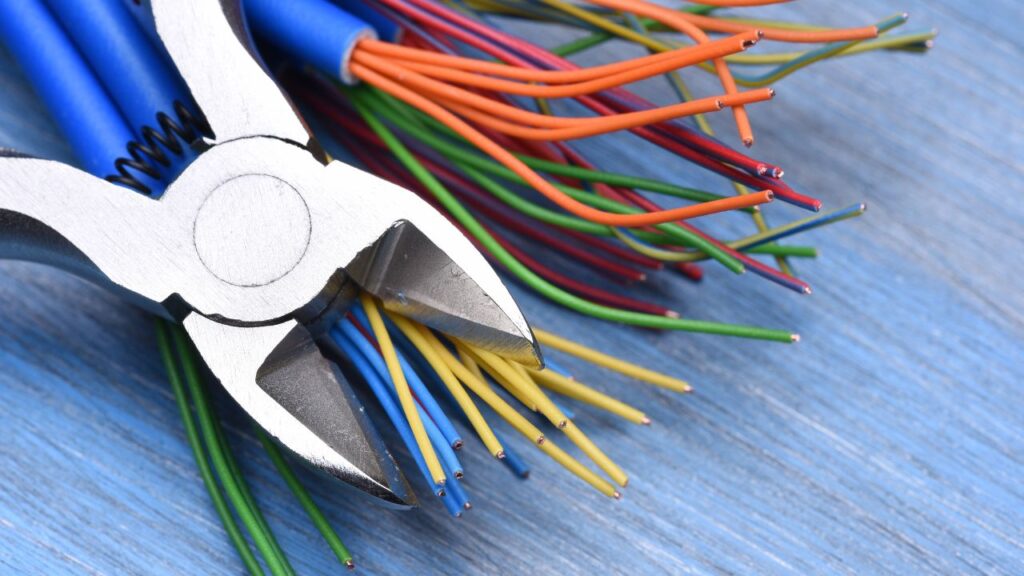
| Aspect | Cost |
|---|---|
| National average | $12,000 |
| Average range | $6,000 – $18,000 |
| Low-end | $1,800 |
| High-end | $36,000 |
Electrical Outlet Price by Type
Electrical outlets come in a range of styles, capacities, and attributes, with costs spanning from approximately $1 to $80. A diverse array of outlet types is available for installation, some of which are essential for particular appliances. An incorrect choice could result in appliance malfunction or even fire hazards. The use of an incompatible unit may also invalidate warranties for appliances or lighting. Moreover, certain plugs come equipped with a varying number of prongs, necessitating the correct number of corresponding openings.

| Type | Average Cost per Unit (Materials Only) |
|---|---|
| Standard | $3 – $8 |
| Tamper-Resistant | $3 – $9 |
| Duplex | $3 – $25 |
| Floor | $4 – $60 |
| Coax | $5 – $9 |
| Combination | $9 – $35 |
| Heavy-Duty | $13 – $25 |
| Grounded (GFCI) | $15 – $25 |
| LED | $14 – $36 |
| Recessed | $15 – $70 |
| Rotating | $15 – $26 |
| AFCI | $25 – $35 |
| USB | $25 – $45 |
| Smart | $25 – $85 |
Hire Professional Contractors
Electrical Wiring Cost by Type of Installation
Electrical wiring installation varies based on the type of project. It involves the placement of wires or cables within a residence, typically routed through walls. This encompasses the setup of essential components and connections, such as outlets, switches, and panels, to ensure functionality. In new construction, this procedure is streamlined as it occurs prior to wall finishing. This efficiency contributes to cost containment. Conversely, rewiring becomes necessary for residences with outdated, unsafe wiring. The process demands greater labor input due to the prerequisite removal of antiquated wiring.
The following table outlines the contrasting costs associated with installing electrical wiring in both new and existing homes.
Type | Cost per Sq.Ft. (Installed) |
New Construction | $4 – $7 |
House Rewiring | $6 – $12 |

Electrical Wiring Cost for a New House
The average cost of electrical wiring in a new house experiences, ranging between $4.80 and $8.40 per square foot. Wiring installation in new construction benefits from its inherent simplicity compared to older residences. With wiring inserted prior to wall installation, the process becomes smoother and demands less labor. Establishing electrical systems in a new home entails strategically placing wires within walls, floors, and ceilings. This includes setting up outlets, switches, lights, and the essential electrical panel. Additional requirements, like ethernet cables and related wiring, might also be part of the installation for certain homes.
Cost to wire or rewire a house
The national average cost to wire a new house is between $5,000 and $12,000. The average homeowner needs to pay $10,000 for new wiring, panel, outlets, and switches installed in a 2,000 sq. ft. house.

The initial phase of new house wiring, known as the rough-in phase, bears a cost of roughly $3.60 to $7.20 per square foot without factoring in the subsequent finish work phase. The latter involves fixture and finishing installations. However, electricians often handle both phases, ensuring a comprehensive service, and thereby maintaining a total cost range of $4.80 to $8.40 per square foot. The expenses associated with wiring a new house differ based on the distinct needs of the home and the homeowner, leading to variations in the overall cost.
Cost to Wire a House per Square Foot
The average cost to wire a home per square foot is now between $4.80 and $8.40. These revised average costs encompass all labor and materials required for the wiring, along with expenses linked to outlets, switches, and the panel. As the size of your residence grows, along with the number of outlets and switches, and the complexity of your requirements, your expenses will rise accordingly. Your expenditures might also shift depending on the caliber of components you opt for.
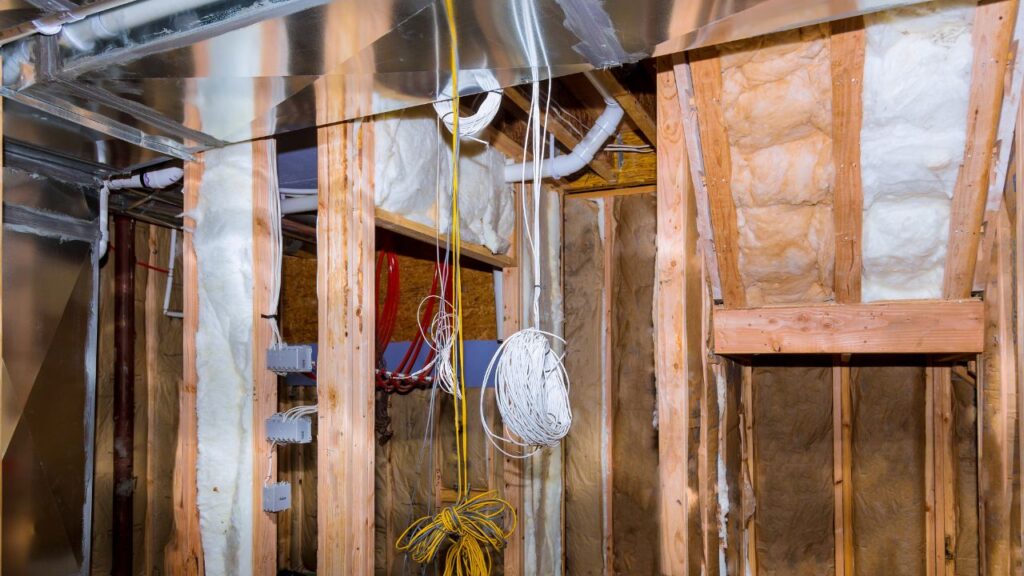
For instance, wiring a 1,000 sq.ft. house generally incurs a lower cost compared to wiring a 2,500 sq.ft. house, owing to the heightened need for materials and time in the wiring process. Meanwhile, a home of average dimensions falls within the range of these costs. To illustrate, the cost of wiring a 1,500 sq.ft. house now averages around $7,200 to $12,600. The subsequent table outlines the expenses associated with electrical wiring in a new house, based on its size, factoring.
For Commercial and Residential Building
Turnaround time is 1-2 days
Win More Projects With Us
Cost to Replace an Electrical Panel
Replacement of an electrical panel, or electrical circuit breaker, is among the most common projects affecting the electrical wiring in a home. There are many reasons to replace your old model, from a Stab Lok that has a fire risk to experiencing burn marks on your current unit. If the electrical needs have changed, it is possible to upgrade yours when you replace it.
The replacement cost depends on the make and model, amperage, and location:
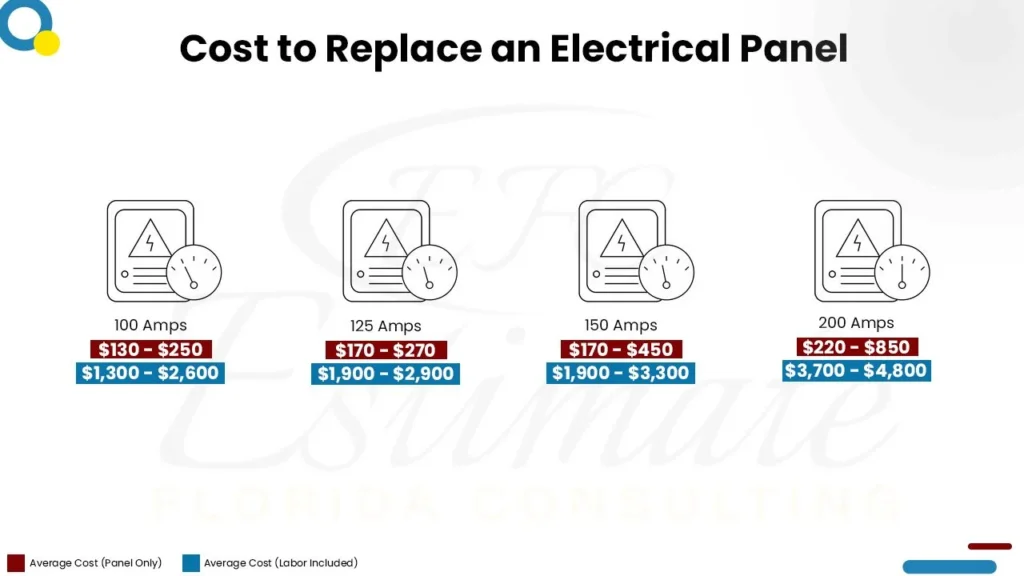
TYPE | AVERAGE COST (PANEL ONLY) | AVERAGE COST (LABOR INCLUDED) |
100 Amps | $130 – $250 | $1,300 – $2,600 |
125 Amps | $170 – $270 | $1,900 – $2,900 |
150 Amps | $170 – $450 | $1,900 – $3,300 |
200 Amps | $220 – $850 | $3,700 – $4,800 |
Electric Wire Price by Material
Wiring is just a single aspect of the intricate system that delivers electricity, empowering your lights and appliances. However, there are various other essential components that necessitate consideration. Typically, your home’s wiring encompasses a comprehensive array of elements, extending from the circuit panel to outlets, switches, lights, and even wiring dedicated to appliances. The overall cost of wiring a house usually incorporates a majority of these components. While certain elements might be set up by your electrical service provider, others constitute integral parts of the wiring setup, though they don’t directly contribute to your electrical usage. Some elements possess individual costs, especially instances like adding a new outlet to an existing home with current wiring. Conversely, certain elements are solely relevant during the initial wiring process.
Business Finance Loan
Find out if you're pre-qualified in seconds

Get Prequalified Now
IMPORTANT: Make sure the email and phone number you enter are correct. We will email and text you a link to get started.
Conduits, outlets, switches, lights, and various jacks are common features in your home’s wiring or rewiring blueprint. While you might find these features detailed in an itemized pricing list for your rewiring project, proposals or invoices typically encompass a total amount that covers all necessary project elements, including installation labor costs. Nonetheless, the subsequent pricing guide can assist you in deciding whether you prefer to independently procure certain components, like light fixtures, or if it’s more convenient to delegate the purchasing responsibility to the electrician. It’s worth noting that you might encounter additional parts and procedures intrinsic to the wiring process, such as the electrical tail – a component of the meter handled by the power company – or the main earth, which constitutes a grounding connection established during a panel upgrade. These costs are usually incorporated as part of a panel upgrade or managed by the power company as a separate process. The provided table outlines specific details concerning common components within an electrical system.
|
Part |
Cost |
|
Conduits |
$72 – $288 |
|
Telephone Jack |
$72 – $345.60 |
|
Ethernet Jack |
$108 – $396 |
|
Cable Jack |
$108 – $396 |
|
Switches |
$108 – $396 |
|
Electrical Outlets |
$122.40 – $396 |
|
Lights |
$144 – $432 |
|
Circuit Panel |
$3,600 – $14,400 |
Revised New Construction Wiring Installation Costs
Installing wiring in new construction now costs $3.60 to $6 per square foot, encompassing labor, materials, and permits. Opting for a “rough-in” wiring approach will amount to $2.40 to $4.80 per square foot. In the “rough-in” process, contractors will install the wiring but not complete the final connections. Instead of setting up outlets and appliances, they will terminate the wiring.
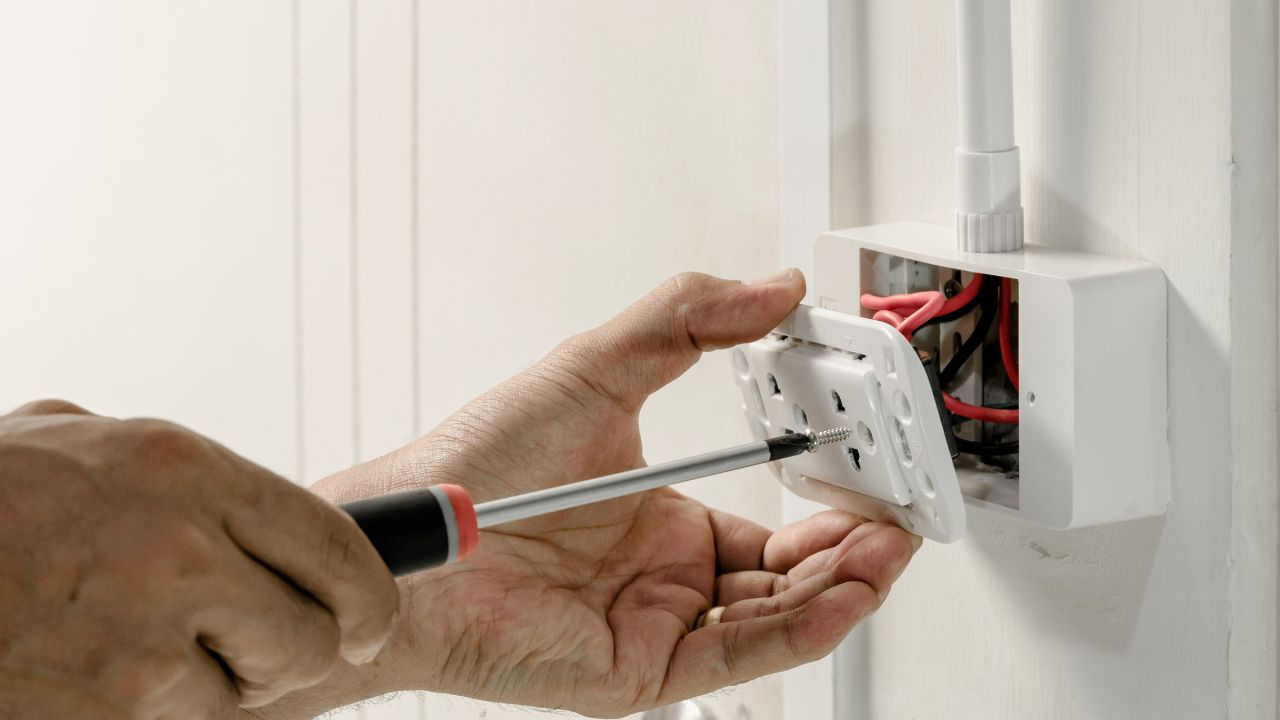
Typically, the rough-in and finish work are integrated into the new wiring cost at $3.60 to $6 per square foot. However, if you decide to save costs by personally handling the rough-in work, an electrician will still be necessary to inspect your work and establish the actual electrical connections. Some electricians bill by the hour, ranging from $60 to $120, or by the square foot, at $2.40 to $4.80.
Complete House Wiring The wiring for an entire house now totals $3.60 to $6 per square foot. For a modest 800-square-foot home, the expense will be approximately $2,880 to $4,800. For an extensive 3,000-square-foot property, the range would be $10,800 to $18,000.
Additions Installing wiring for a new home addition incurs costs of $3.60 to $6 per square foot. For instance:
- Average garage (288 square feet): $1,038–$1,728
- Average kitchen remodel (151 square feet): $540–$906
- Average living room (480 square feet): $1,728–$2,880
- Average basement (1,000 square feet): $3,600–$6,000
Download Template For Rewiring Project Breakdown
- Materials list updated to the zip code
- Fast delivery
- Data base of general contractors and sub-contractors
- Local estimators

Outbuilding The expense of electrifying detached outbuildings ranges from $2.40 to $6 per square foot, alongside the costs of laying electrical cable overhead or underground.
Burying the cable underground brings an additional cost of $3.60 to $14.40 per linear foot, depending on the required extension distance.
Your property’s location may necessitate excavation for successful cable and conduit placement underground, or the use of a more durable cable capable of withstanding varying weather conditions and elements.
As with any new addition, whether indoors or outdoors, the outbuilding’s size, distance from your main property, and electrical needs must be taken into account. For instance, a small shed located 10 feet from your home might only require a couple of outlets and a light fixture (approximately $120). Conversely, a larger workshop situated 100 feet away might necessitate connections for appliances, tools, and additional lighting (up to $5,520).
Electrical Wiring Cost by Square Foot The installation of new wiring now incurs charges between $3.60 and $6 per square foot. This estimate encompasses all materials and labor, encompassing the addition of a new panel, wiring, outlets, switches, drywall finishing, and related tasks. The following table provides examples of common property sizes and the associated costs of new wiring installation.
|
Square Footage |
Total Cost |
Average Total Cost |
|
800 sq. ft. |
$2,880 – $4,800 |
$3,840 |
|
1,000 sq. ft. |
$3,600 – $6,000 |
$4,800 |
|
1,300 sq. ft. |
$4,680 – $7,800 |
$6,240 |
|
1,600 sq. ft. |
$5,760 – $9,600 |
$7,680 |
|
2,000 sq. ft. |
$7,200 – $12,000 |
$9,600 |
|
2,500 sq. ft. |
$9,000 – $15,000 |
$12,000 |
|
3,000 sq. ft. |
$10,800 – $18,000 |
$14,400 |
Are You Looking For?
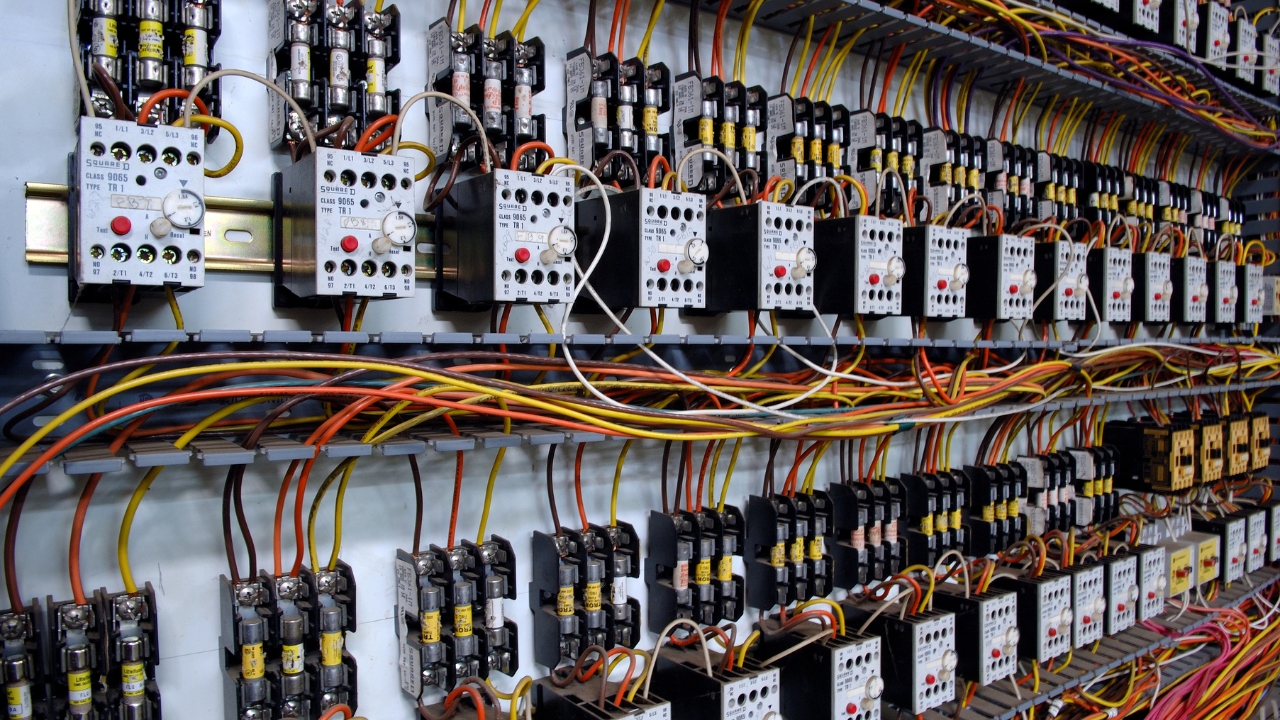
Fully Insured License
Hire Contractors & Subcontractors
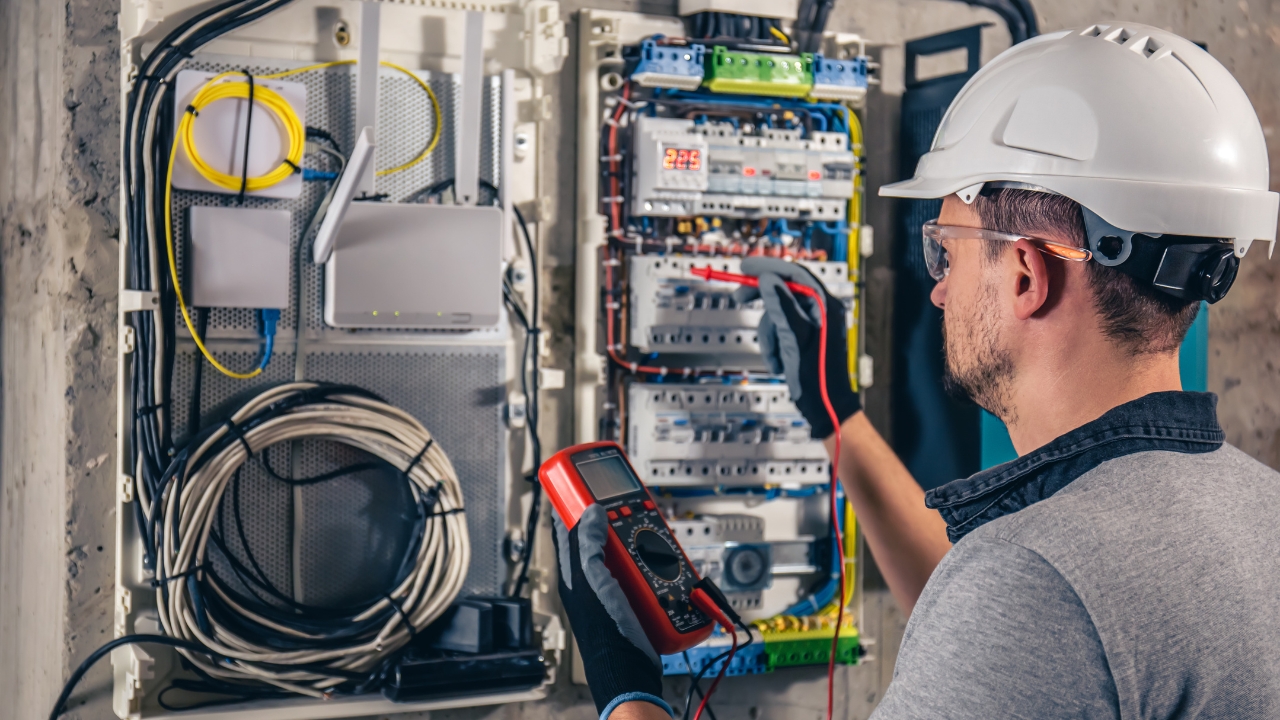
Make Informed Design Decisions Showcase Your Design Ideas
Get RenderingCall Us To Discuss More at 561-530-2845
Conclusion
When it comes to the electrical cost to rewire a house, several factors need consideration. The size of the house, the complexity of the electrical system, and the types of fixtures and appliances all play a role. Additionally, local building codes and regulations can influence the overall cost. It’s crucial to consult with qualified electricians and contractors to ensure the wiring meets safety standards and fulfills your household needs. While the initial investment in quality wiring may seem significant, it’s a crucial aspect of ensuring the safety and functionality of your home in the long term. By prioritizing proper wiring installation and adhering to regulations, homeowners can minimize risks and potential future expenses associated with electrical issues.
FAQs
On average, the cost to wire a home per square foot ranges between $4 and $7. This includes labor, materials, outlets, switches, and the electrical panel.
The size of your home, the number of outlets and switches needed, the complexity of your electrical requirements, and the quality of components you choose all contribute to the overall cost.
Larger homes require more wiring materials and installation time, leading to higher costs. Additional outlets, switches, and potential complexities also contribute to increased expenses.
Opting for higher-quality components might increase the upfront cost, but it can lead to better performance, durability, and safety over time. Cheaper components might have a lower initial cost but may need more frequent replacement or maintenance.
Yes, rewiring an older home is often more expensive than wiring a new one. Rewiring involves removing existing, potentially unsafe wiring, which can be labor-intensive and time-consuming.
The rough-in phase is the initial stage of wiring a new house. It involves placing the wires within walls, floors, and ceilings, as well as installing outlets, switches, lights, and the electrical panel.
The cost of the rough-in phase is generally estimated between $3.60 and $7.20 per square foot. This cost only covers the wiring and installation before the finish work phase, where fixtures and finishings are added.
Yes, electricians typically handle both the rough-in and finish work phases to ensure a comprehensive and cohesive wiring installation. This maintains a consistent cost per square foot.
Process To Get Electrical Wiring Cost Estimate Report
Here I am going to share some steps to get your estimate report.
-
You need to send your plan to us.
You can send us your plan on info@estimatorflorida.com
-
You receive a quote for your project.
Before starting your project, we send you a quote for your service. That quote will have detailed information about your project. Here you will get information about the size, difficulty, complexity and bid date when determining pricing.
-
Get Estimate Report
We do electrical wiring cost estimating and prepare a detailed report for your project. At last, you finalize the report and finish the project.
Google Reviews






